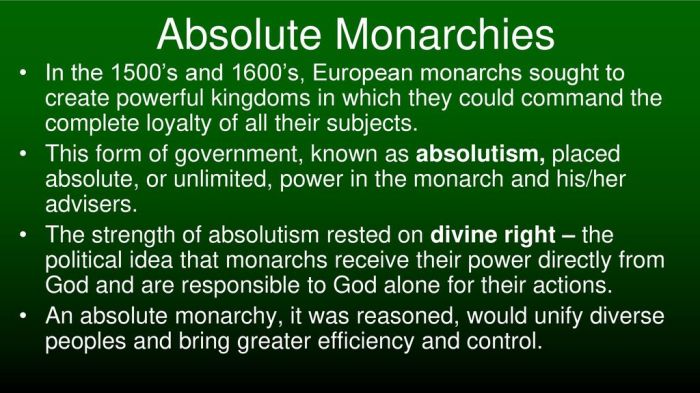Jackson’s political strength rested on the solid support of the American people, particularly the common man. His policies and actions resonated with a wide swath of the population, propelling him to two presidential terms and shaping the course of American history.
Jackson’s populist appeal stemmed from his humble beginnings and his unwavering commitment to the interests of the common man. He understood their struggles and aspirations, and his policies reflected their concerns.
Jackson’s Political Base

Jackson’s political strength rested on the solid support of the common man. His base was composed primarily of white male farmers, laborers, and artisans, who saw in Jackson a champion of their interests. Jackson’s support was strongest in the South and West, where these groups were most numerous.
Demographic Makeup of Jackson’s Supporters
- White male farmers
- Laborers
- Artisans
Regions and States Where Jackson Enjoyed the Most Support, Jackson’s political strength rested on the solid support of the
- South
- West
- Tennessee
- Kentucky
- Pennsylvania
Role of the Common Man in Jackson’s Political Success
Jackson’s appeal to the common man was based on his populist rhetoric and his policies, which were designed to benefit the working class. Jackson’s supporters saw him as a self-made man who had risen from humble beginnings to become president.
They believed that he understood their concerns and would fight for their interests.
FAQ Explained: Jackson’s Political Strength Rested On The Solid Support Of The
What were the key demographic characteristics of Jackson’s supporters?
Jackson’s supporters were primarily white, male, and from the lower socioeconomic classes. They were often farmers, laborers, and artisans who felt that the government was not representing their interests.
How did Jackson’s economic policies impact the economy?
Jackson’s economic policies, such as his opposition to the national bank and his support for tariffs, had a significant impact on the economy. His policies led to a period of economic instability and financial panic.
What were Jackson’s motivations for annexing Texas?
Jackson’s motivations for annexing Texas were complex. He believed that Texas was rightfully part of the United States and that its annexation would strengthen the nation. He also saw annexation as a way to expand slavery.

